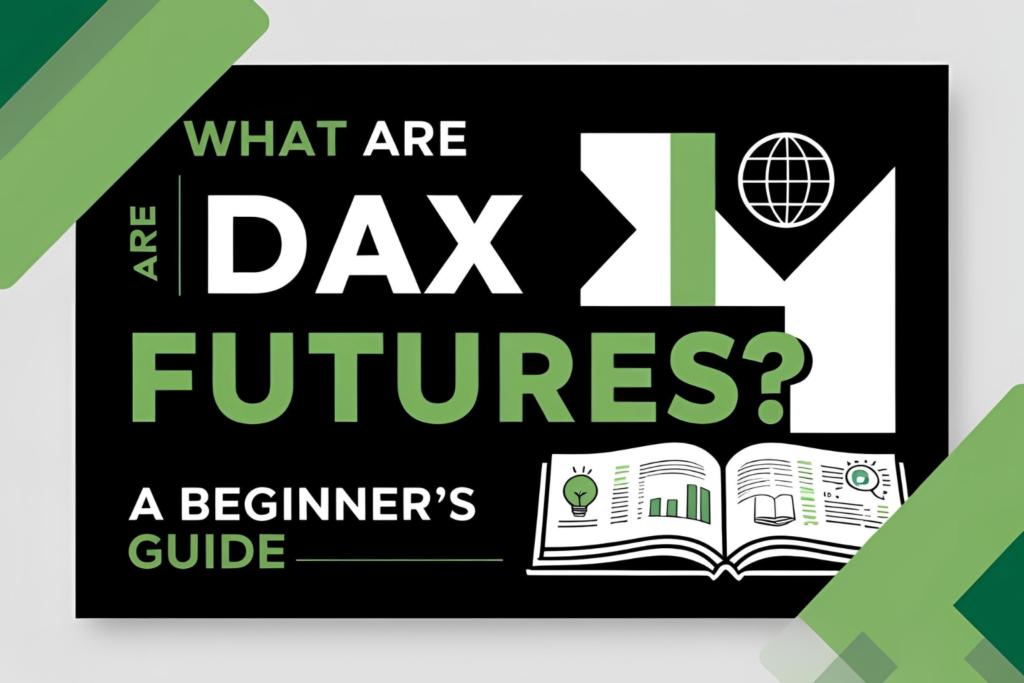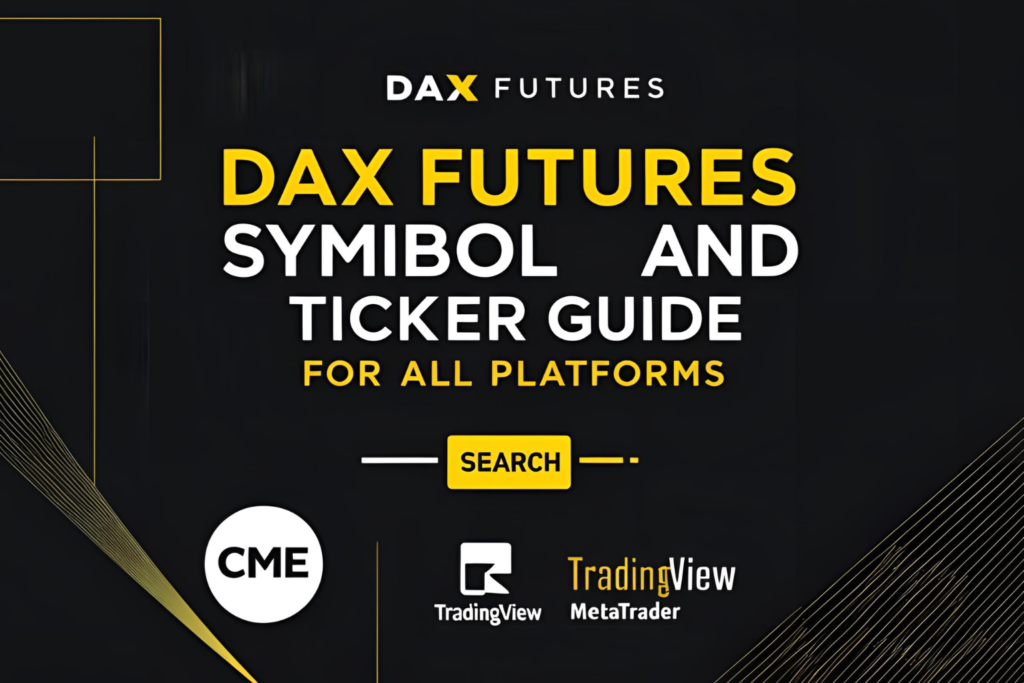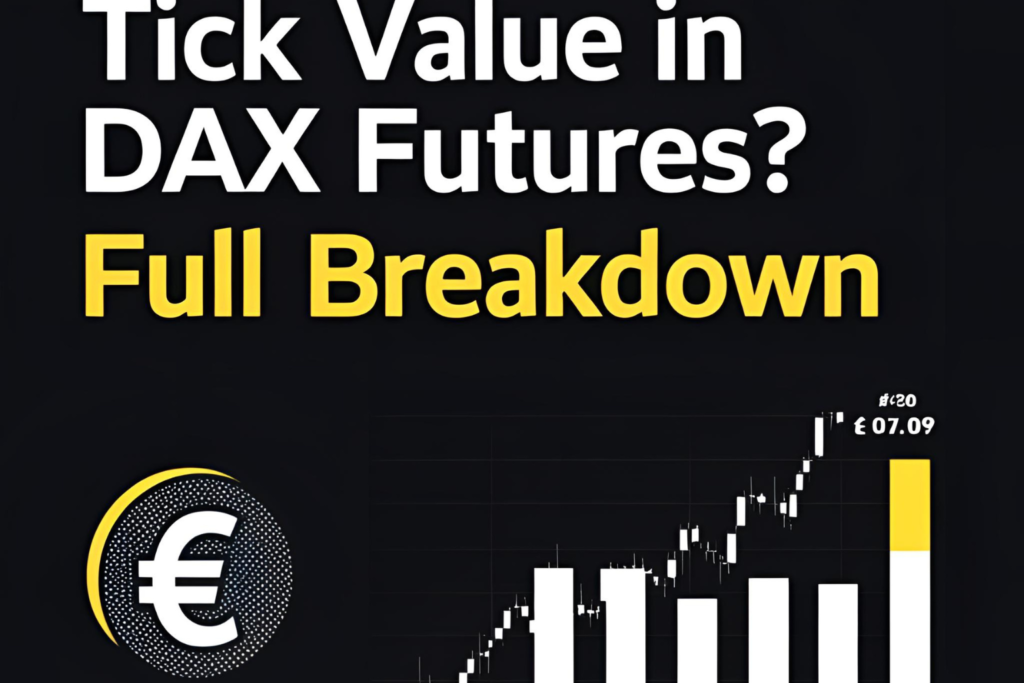DAX index futures are powerful instruments that let traders and institutions speculate on or hedge against movements in the DAX 40 Index, Germany’s most prominent stock market benchmark. But how exactly do these contracts work?
In this post, we break down the mechanics behind DAX index futures so you can trade with clarity and confidence.
What Are DAX Index Futures?
DAX index futures are standardized exchange-traded derivatives based on the value of the Deutscher Aktienindex (DAX). They allow traders to buy or sell the DAX Index at a specified price on a future date.
These contracts are used to:
- Speculate on index movement
- Hedge equity exposure
- Gain access to the German equity market
Where Are They Traded?
- Eurex Exchange: The primary venue for full-size DAX futures and Micro DAX contracts
- CME Group: Offers Micro DAX Futures (FDXM) for international accessibility
DAX Futures Contract Structure
| Component | Description |
|---|---|
| Contract Code | FDAX (full), FDXM (micro) |
| Multiplier | €25 per index point (FDAX), €5 per point (FDXM) |
| Minimum Tick Size | 0.5 index points |
| Tick Value | €12.50 (FDAX), €2.50 (FDXM) |
| Settlement | Cash-settled |
| Contract Months | March, June, September, December |
| Trading Hours (CET) | 01:10 – 22:00 (Eurex) |
Example: How DAX Futures Work
Assume:
- DAX index is at 16,000
- You go long 1 FDAX contract
- Each 1-point move = €25
- If DAX rises to 16,100 → profit = 100 × €25 = €2,500
If it drops to 15,950 → loss = 50 × €25 = €1,250
This leverage allows significant gains or losses on relatively small movements.
Margin and Leverage
DAX futures are highly leveraged, meaning you only need to post a fraction of the contract’s notional value as margin.
Typical initial margin for FDAX: €25,000–€30,000
Micro DAX: €3,000–€5,000
(May vary based on broker and market volatility)
Why Trade DAX Index Futures?
✅ Efficient hedging tool for European equity portfolios
✅ Speculative leverage for short-term traders
✅ Access to German market sentiment
✅ Tax efficiency for certain institutional investors
Who Uses These Contracts?
- Day traders using price action or indicators
- Hedge funds offsetting risk in European stocks
- Portfolio managers adjusting index exposure
- Algorithmic traders scalping micro-movements
Final Thoughts
DAX index futures are highly liquid and versatile tools for both professional and individual traders. With proper risk control and understanding of contract structure, they offer exceptional access to the heartbeat of the German economy.
Before trading, make sure you understand margin requirements, settlement terms, and how the index behaves during news cycles.
FAQs
1. Are DAX futures physically settled?
No. They are cash-settled based on the final index value at expiry.
2. How do I find the DAX futures symbol?
FDAX for full contracts, FDXM for micro contracts.
3. What platforms offer DAX futures?
Eurex (directly), Interactive Brokers, CME (Micro DAX), and others.
4. Can I hold DAX futures overnight?
Yes, but margin requirements may increase and overnight gaps pose risk.
5. What’s the minimum tick movement?
0.5 index points (equal to €12.50 on FDAX or €2.50 on FDXM).




